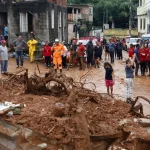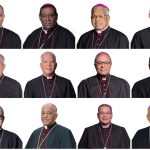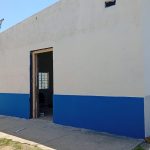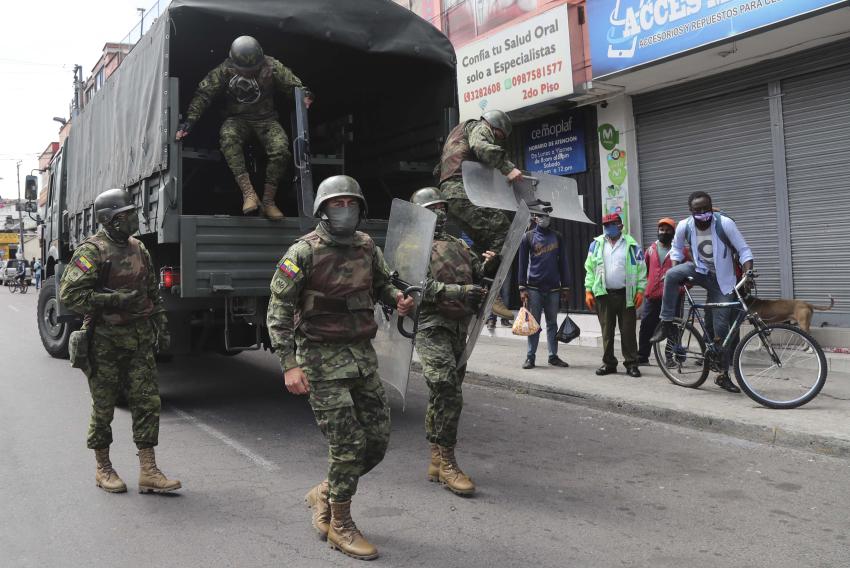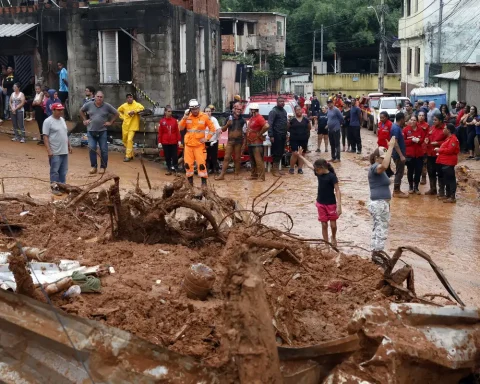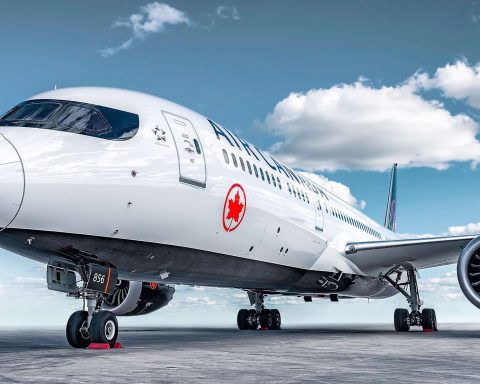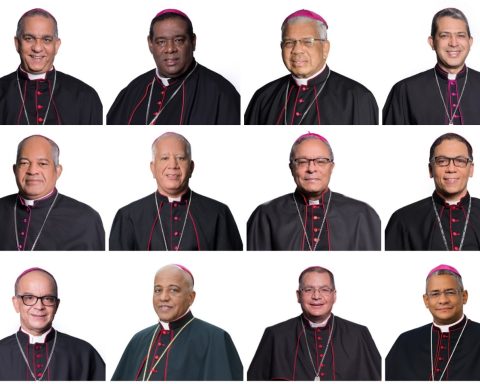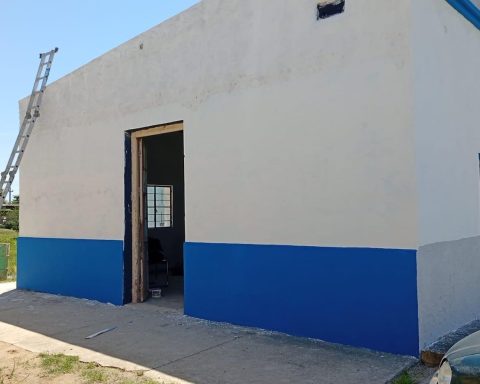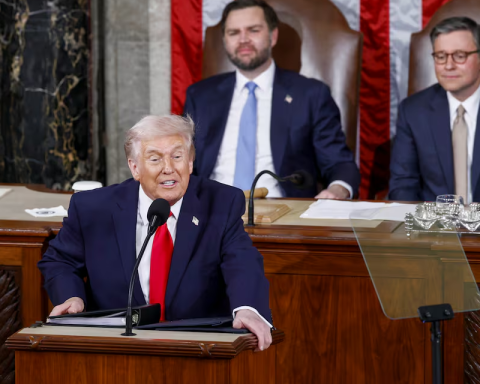The United Nations Working Group on Arbitrary Detention called on the Government of Nicaragua to immediately release 13 political prisoners and demanded to carry out an “exhaustive and independent investigation” into the circumstances surrounding their arbitrary deprivation of liberty and adopt the pertinent measures against them. those responsible for the violation of their rights.
The prisoners of conscience are: Arturo Cruz Sequeira, Violeta Granera, José Adán Aguerri, José Pallais, Tamara Dávila, Ana Margarita Vijil, Dora María Téllez, Suyen Barahona, Víctor Hugo Tinoco, Luis Rivas, Miguel Mora, Miguel Mendoza and Pedro Joaquín Chamorro Neighborhoods.
At the same time, they request a specific investigation into the case of Hugo Torres, who died in police custody on February 12, including a detailed report from an independent expert on the medical and other care he received.
The UN Working Group requested that the 13 political prisoners and the beneficiaries of Torres Jiménez be granted the effective right to obtain compensation and other types of reparation, in accordance with international law.
unfounded arrests
In their report they explained that their arrests are “arbitrary because they contravene eight articles of the Universal Declaration of Human Rights and nine articles of the International Covenant on Civil and Political Rights, of which Nicaragua is a signatory.”
They indicate that there is no legal basis to justify the arrests because “these people were arrested by National Police officers accompanied by armed civilians, or by other excessively armed coercive forces of the State, without warrant and justifying the arrest with the alleged commission of a crime. ”.
“Their cases are examples of the use of criminal procedures so that people critical of the current government, who have worked in favor of democratic change and the defense of human rights, do not express their opinions or participate in public life,” the document mentions.
The Race and Equality Institute, the Nicaraguan Center for Human Rights (Cenidh) and the Legal Defense Unit (UDJ) supported the call and in turn demanded an end to arbitrary detentions, and the immediate and unconditional release of the more than 190 people deprived of liberty for political reasons.
“We express our deep concern about the detention conditions of political prisoners, which, as we have repeatedly mentioned, constitute cruel, inhuman and degrading treatment; and they are especially alarming for older adults, women and people with chronic conditions who are not receiving specialized medical care”, they state in a statement.
They ask to investigate torture
This week a report on torture in Nicaraguan prisons was also released, which asks the UN Committee Against Torture (CAT) to urge the Government of Daniel Ortega to investigate cases of torture against political prisoners and released prisoners.
The report, prepared by the International Human Rights Network (RIDH) and the Union of Political Prisoners and Prisoners of Nicaragua (UPPN), concluded that the CAT “must urge the State to immediately guarantee the opening of judicial investigations into the cases of torture, cruel and inhuman and degrading treatment”.
The report was prepared based on 30 interviews with victims of torture during their arbitrary detention as a result of the repression unleashed by the State against the demonstrations that began in April 2018.
According to the report, the 30 documented cases are part of a group of more than 1,600 Nicaraguans who as of 2018 suffered arbitrary detentions, carried out by police and civilians, and of whom more than 800 of these people “have been tried and sentenced to prison by judges biased in favor of the government of the day”.
Of the 20 men and 10 women interviewed for the report, 25 said they had been victims of “excessive use of force by their captors,” 20 of them “while handcuffed,” 13 said they were beaten “so caused bruises or scrapes”, and three suffered “serious injuries or breaks”, one victim “was partially undressed”.
sexual torture
“The majority (26) of the victims were tortured in more than one way, eleven victims reported the application of between four and nine methods of torture in their case. 93% of the victims reported the repeated use of torture methods, especially threats and beatings during interrogations,” the report added.
In the case of women, “a trend” of “threats to harm their daughters and sons through sexual violence and to kill or imprison relatives, parents or partners” was detected.
“There were also threats of physical torture. Almost all of the women were repeatedly forcibly stripped naked,” the document mentions.
In the case of men, “there was a tendency manifested in some cases to focus on the genitals: forcing the legs open and delivering several kicks or blows to the genitals for several minutes to hours, causing the victim to faint and I will wake him up with slaps in the face only to continue with the kicks in his private parts”.
These people also suffered “siege, threats and violence, by agents of the National Police and parastatal agents”, as well as forced displacement, as happened to 21 of the 30 interviewed.
High forced migration
A state system of repression against dissent and the press and a forced migration not seen even in times of war is the reality that Nicaragua is currently experiencing, denounced this Wednesday the Nicaraguan Never Again Human Rights Collective.
“The dictatorial regime consolidated the de facto police state through state terrorism, a highly effective repressive apparatus and the total submission of all powers. The rule of law does not exist in Nicaragua,” declared Juan Carlos Arce, one of the members of the Collective.
According to the report, the Ortega regime has carried out actions such as confiscatory acts to appropriate accounts and assets after accusing organizations of laundering, terrorism and destabilizing. “The true intention is to eliminate any form of dissidence at the root,” Arce said.
According to this organization, the press has been another target of the repression to the point that there are no longer any printed newspapers in Nicaragua, 23 media outlets have been closed or raided by the authorities, and at least 120 journalists have had to go into exile.
The report records 1,520 attacks against journalists and warns about the impunity of the murder of journalist Ángel Gahona four years after the events.
They also warn of a forced displacement of Nicaraguans that had not been seen before, not even in times of war. The investigation indicates that around 200,000 Nicaraguans have fled the repression to Costa Rica during the crisis that arose after the 2018 protests and that was consolidated with the re-election of Ortega last November. Additionally, 142,000 Nicaraguans have been intercepted trying to enter the United States.
As for the Nicaraguans who fled to neighboring Costa Rica, most have difficulty accessing public health and education services, as well as obtaining decent jobs, the report says.
With information from EFE







